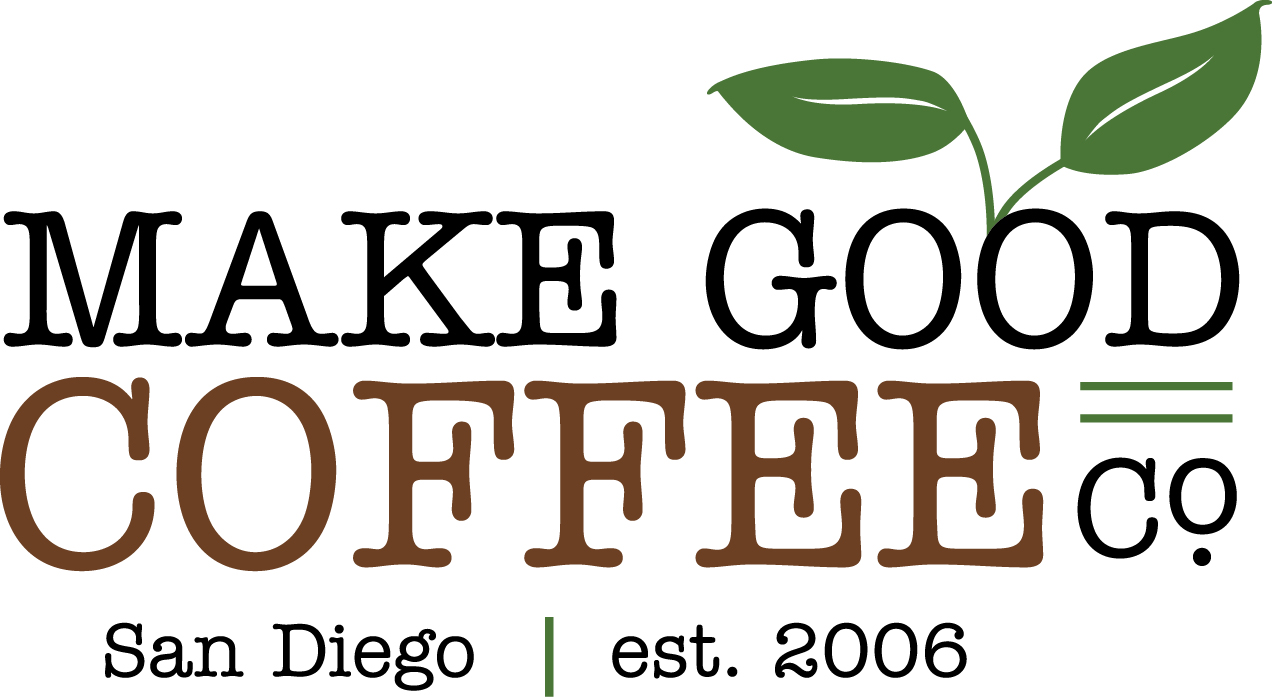What Does a Bad Roaster Do?
 A year ago, I interviewed Bill Barrett of Planet Bean Coffee in Guelph, Ontario. What started as a profile of the company's history and mission turned into several posts, and I still think back to that interview today.Read: Profile Planet Bean CoffeeThat day, I decided to ask Bill an unconventional question. Instead of my usual questions regarding the proper care that we should expect from a good roaster, I asked him what a bad roaster does. Here's what three things he had to say...[ad#Google Adsense - use me]1) According to Bill, a bad roaster assumes the same characteristics in a particular coffee from lot to lot. That roaster does not properly profile beans as unique before roasting, so that he can make the most of its unique properties. Roasting becomes automatic rather than precise, and the roaster loses sight of the uniqueness of lots, treating beans the same. In my first meeting at Fire Roasted Coffee a year earlier in London Ontario, owner Dave Cook made the same remark. Ask your local roaster how they profile the beans that arrive in their roasteries. Get a sense of whether beans are roasted to standard by lot, or mass-roasted to pre-determined settings.Read: Profile Fire Roasted Coffee
A year ago, I interviewed Bill Barrett of Planet Bean Coffee in Guelph, Ontario. What started as a profile of the company's history and mission turned into several posts, and I still think back to that interview today.Read: Profile Planet Bean CoffeeThat day, I decided to ask Bill an unconventional question. Instead of my usual questions regarding the proper care that we should expect from a good roaster, I asked him what a bad roaster does. Here's what three things he had to say...[ad#Google Adsense - use me]1) According to Bill, a bad roaster assumes the same characteristics in a particular coffee from lot to lot. That roaster does not properly profile beans as unique before roasting, so that he can make the most of its unique properties. Roasting becomes automatic rather than precise, and the roaster loses sight of the uniqueness of lots, treating beans the same. In my first meeting at Fire Roasted Coffee a year earlier in London Ontario, owner Dave Cook made the same remark. Ask your local roaster how they profile the beans that arrive in their roasteries. Get a sense of whether beans are roasted to standard by lot, or mass-roasted to pre-determined settings.Read: Profile Fire Roasted Coffee 2) Now, remember that "bad" was my choice of words, not Bill's. He went on to say that such a roaster is too involved in expanding rather than staying local. Bill is a big believer in the role of the roaster in the local economy, and the ability of that economy to sustain itself locally. The further it travels, the more freshness the coffee loses. Expanding on that, the local roaster can have fun with blends that suit tastes in his market. Find a local roaster that lives and breathes their community, rather than something mass-produced for everybody in the country. I found the model of this when I interviewed Jason Griest of Old Soul in Sacramento, California.Read: Profile Old Soul Roastery3) Finally, a bad roaster isn't raising awareness in his community of the corelation between consumer behavior and the possible benefits to farmers, their families, their society, and its economic infrastructure. If you like the coffee that these communities provide for you, do your small part to sustain it and even help it thrive. It costs little extra, and makes a big difference. Good roasters raise awareness at the local level, "change the world in little ways". Bill Barrett: "It's key to have peers that share your values."
2) Now, remember that "bad" was my choice of words, not Bill's. He went on to say that such a roaster is too involved in expanding rather than staying local. Bill is a big believer in the role of the roaster in the local economy, and the ability of that economy to sustain itself locally. The further it travels, the more freshness the coffee loses. Expanding on that, the local roaster can have fun with blends that suit tastes in his market. Find a local roaster that lives and breathes their community, rather than something mass-produced for everybody in the country. I found the model of this when I interviewed Jason Griest of Old Soul in Sacramento, California.Read: Profile Old Soul Roastery3) Finally, a bad roaster isn't raising awareness in his community of the corelation between consumer behavior and the possible benefits to farmers, their families, their society, and its economic infrastructure. If you like the coffee that these communities provide for you, do your small part to sustain it and even help it thrive. It costs little extra, and makes a big difference. Good roasters raise awareness at the local level, "change the world in little ways". Bill Barrett: "It's key to have peers that share your values."
